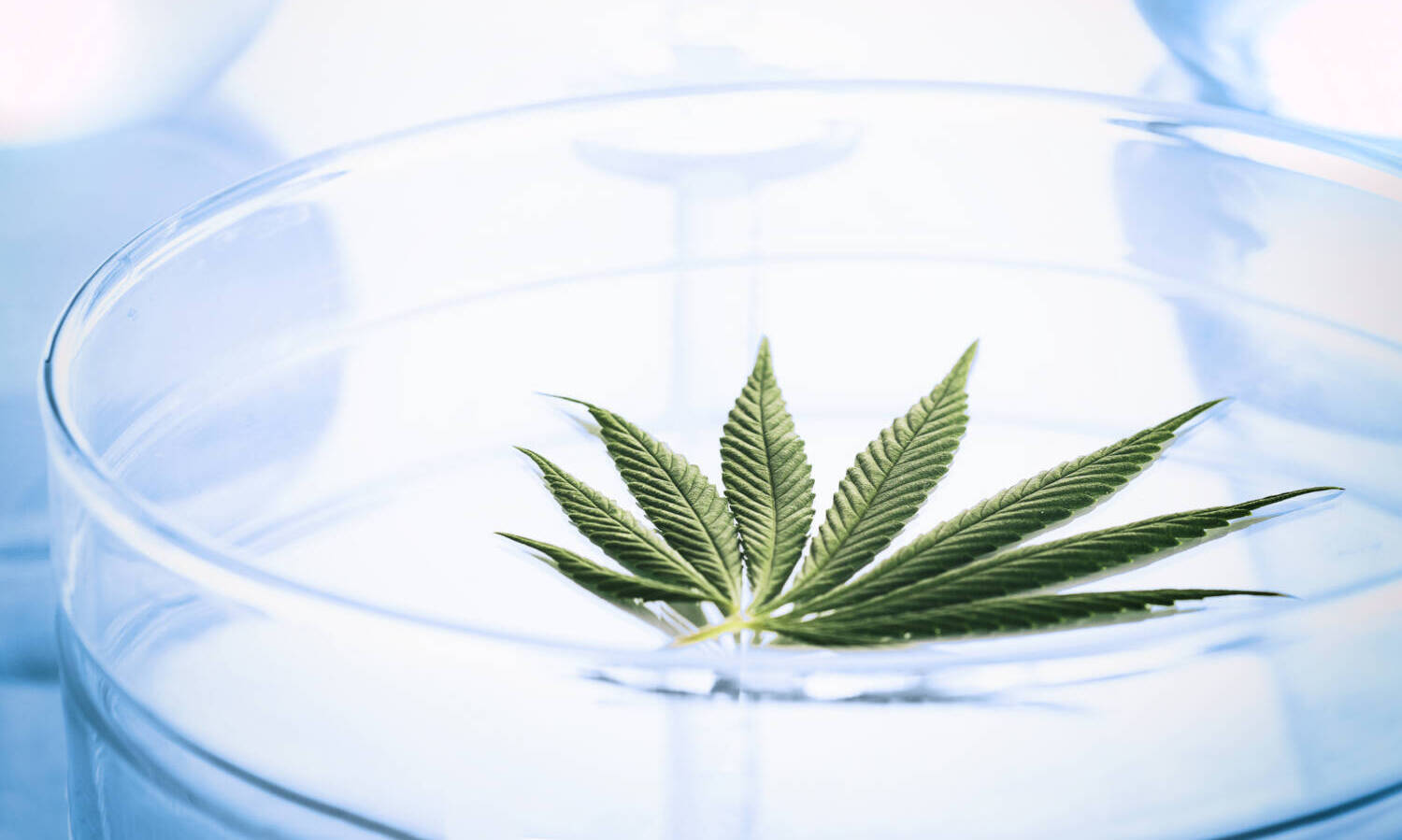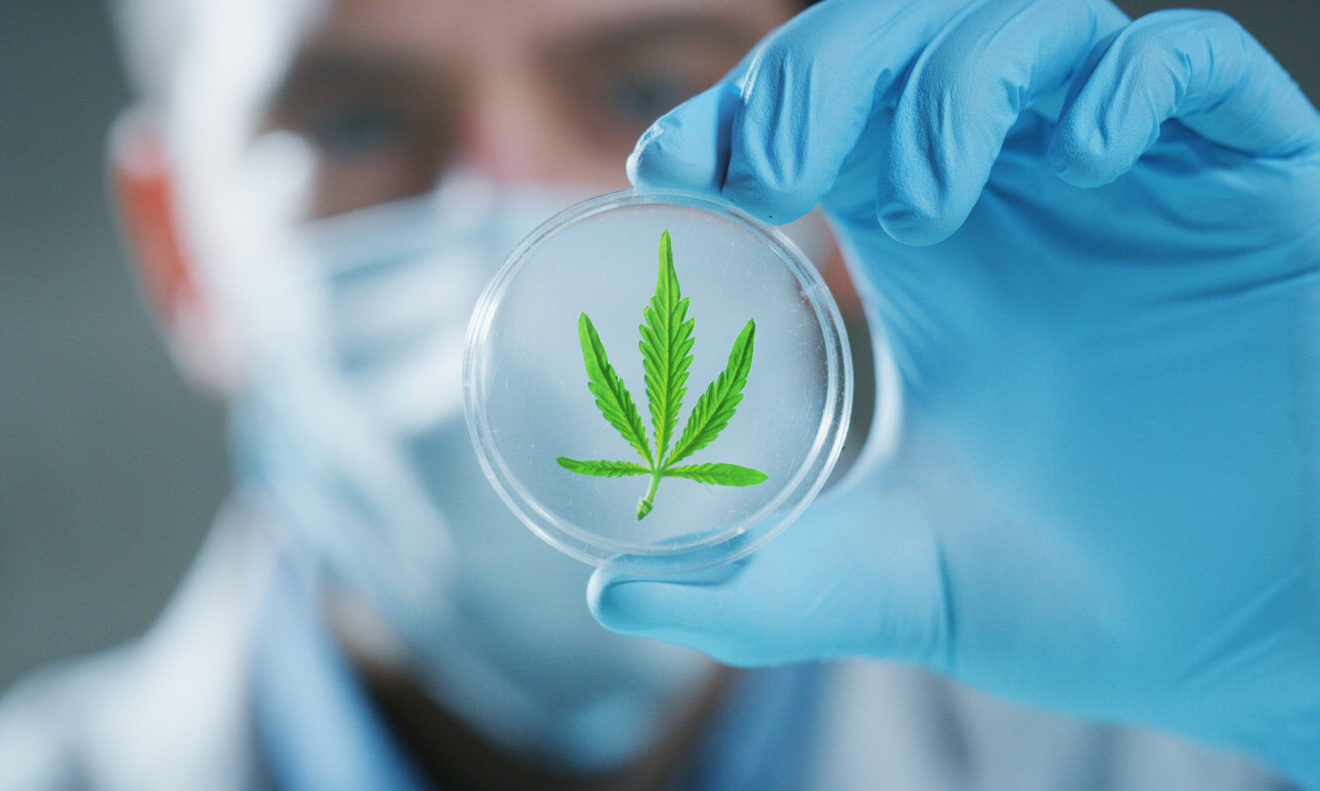More research will give HHS and DOJ more data that will support the fact that marijuana’s Schedule I status is absolutely ridiculous.
On Friday, December 2, 2022, the White House announced that President Biden signed House Resolution 8454, into law. The new Marijuana Research Bill is a sign federal prohibition is ending. What passed is:
H.R. 8454, the “Medical Marijuana and Cannabidiol Research Expansion Act,” which establishes a new registration process for conducting research on marijuana and for manufacturing marijuana products for research purposes and drug development.
According to Kyle Jaeger of Marijuana Moment, this is a significant and historic moment in cannabis reform:
President Joe Biden has officially signed a marijuana research bill into law, making history by enacting the first piece of standalone federal cannabis reform legislation in U.S. history.
HR 8454 is not just historic because it’s the first standalone cannabis legislation in US history, it is also likely going to play a major role in ending federal prohibition.
In October, Biden requested that the Department of Health and Human Services (HHS) and the Department of Justice (DOJ) evaluate marijuana’s Schedule I status.
RELATED: Marijuana Supports Veterans
The CSA establishes a process for determining the scheduling of substances and relies on research to support any movement across the schedules or to remove a substance from the CSA all together. For years, the feds have used the same outdated studies showing that marijuana is dangerous and without medical benefit. This has created a Catch-22 as described by cannabis policy expert John Hudak in a 2016 interview with NPR:
There is this cannabis Catch-22 and it is, as a Schedule 1 drug, it is very difficult to do research on the plant. There are only certain researchers who will get the certification and licensure necessary to handle the drug. Then, of course, you need the funding to study it. You need approval from university institutional review boards, and the burdens that exist to do the type of research on a Schedule 1 drug are tremendous. But that research is what will inform the medical community as to its medical use, and so what you need and what you can do are entirely prevented by this federal government policy.
HR 8485 could allow researchers to finally break this Catch-22 loop. More research will give HHS and DOJ more data that will support the fact that marijuana’s Schedule I status is absolutely ridiculous. That could very well lead Biden’s administration to remove marijuana from Schedule I and hopefully from the CSA all together.

How HR 8485 Works
The CSA governs drugs at the federal level, including marijuana. Any controlled substance must be handled in compliance with the CSA. Marijuana is a Schedule I substance, which is the most restrictive category for any drug in the US. Schedule I substances are nearly impossible to research because they are deemed to have no medical use and too dangerous for use even with a doctor.
The registration requirements for any person or entity hoping to research scheduled substances are contained in 21 USC 823(f). The new law amends 21 USC 823(f) by requiring the Attorney General to register practitioners to conduct research on marijuana and its derivatives, extracts, preparations, and compounds, if the applicants research protocol has been reviewed and approved by the Department of HHS, the National Institute of Health, and otherwise in compliance with federal regulations on research protocols. The applicant must also demonstrate how it will control marijuana to prevent diversion or otherwise unlawful use.
RELATED: The FDA Is Quietly Targeting CBD
HR 8454 also outlines what an application for marijuana research will entail. It also establishes security requirements and requires that the Attorney General and HHS consult to determine if there is an adequate supply of marijuana, including specific strains for research, and prepare a report to Congress on the matter.
HR 8485 also allows institutes of higher education, practitioners, or manufacturers to manufacture, distribute, dispense, or possess marijuana or cannabidiol if the purpose is for medical research for drug development so long as that person or entity is registered with the Food and Drug Administration (FDA).
HR 8485 also mandates that HHS, the National Institute of Health, and other federal agencies all report to Congress on the CBD, marijuana (including delta-9 THC), and the barriers associated with researching marijuana and CBD in states that have legalized their use. HHS and company will also be required to make recommendations on whether state-legal cannabis can be researched by federal agencies.
Daniel Shortt is a corporate and regulatory attorney based in Seattle, Washington who works extensively with entrepreneurs in the cannabis industry. You can contact him at info@gl-lg.com or (206) 430-1336. This article originally appeared on Green Light Law Group and has been reposted with permission.


